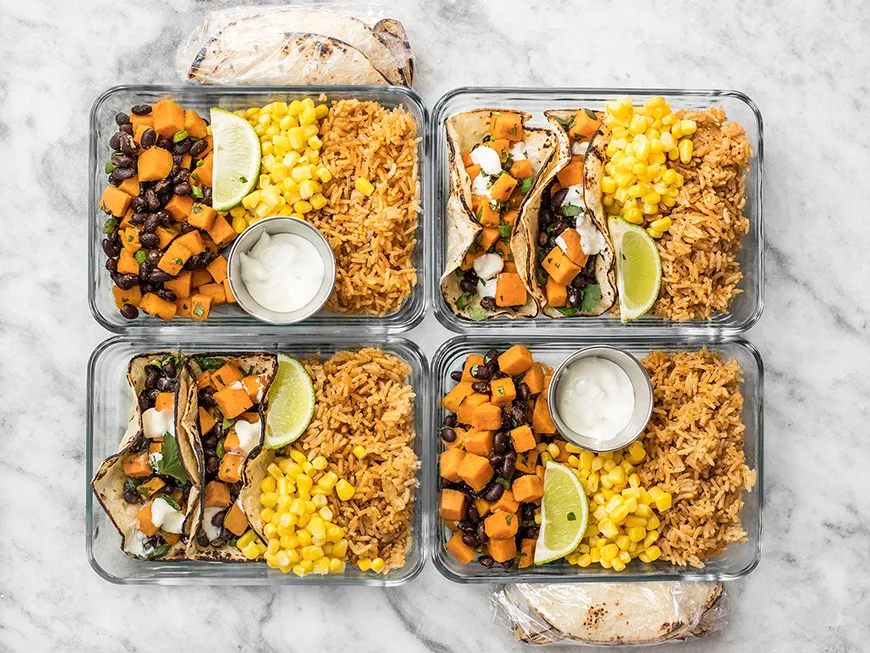Meal planning is the ultimate secret to staying healthy, saving time, and eating delicious meals throughout the week. Whether you're a busy professional, a student, or a stay-at-home parent, meal planning can help you take control of your diet, avoid food waste, and save money on groceries. In this ultimate guide to meal planning, we'll explore the benefits of meal planning and provide you with practical tips and strategies to get started.
Benefits of Meal Planning
Meal planning has numerous benefits, including:
Healthier eating habits
When you plan your meals in advance, you're more likely to make healthier food choices and avoid the temptation of fast food or unhealthy snacks.
Time-saving
Meal planning can save you time in the long run, as you can prepare meals in advance and avoid last-minute trips to the grocery store.
Reduce food waste
Meal planning helps you avoid buying unnecessary groceries and wasting food, as you can plan meals around ingredients you already have in your kitchen.
Save money
Meal planning can help you save money on groceries, as you can shop for ingredients in bulk and plan meals around cheaper, seasonal produce.
Now that we've explored the benefits of meal planning, let's dive into the steps involved in meal planning.
Set your goals
Before you start meal planning, it's important to identify your goals. Are you looking to eat healthier, save time, or save money? Once you've identified your goals, you can plan your meals accordingly.
Choose your meals
Decide on the meals you want to plan for the week. This can include breakfast, lunch, dinner, and snacks. You can also plan for leftovers or meals that can be easily frozen for later use.
Make a grocery list
Once you've decided on your meals, create a grocery list of all the ingredients you'll need. This will help you avoid buying unnecessary items and save time at the grocery store.
Shop for ingredients
Now that you have your grocery list, it's time to head to the store. Try to shop for ingredients in bulk and choose seasonal produce to save money.
Prepare your meals
When you get back from the grocery store, it's time to start preparing your meals. You can prep ingredients in advance, such as chopping vegetables, to save time during the week.
Store your meals
Once your meals are prepared, store them in containers in the fridge or freezer. Make sure to label the containers with the date and contents.
Enjoy your meals
Now that your meals are prepped and ready to go, all you have to do is enjoy them! Heat up your meals when you're ready to eat, and don't forget to include snacks throughout the day to keep you fueled.
Meal planning can be overwhelming at first, but with practice and persistence, it can become a seamless part of your routine. Remember to stay flexible and adjust your meal plan as needed. Happy meal planning!









